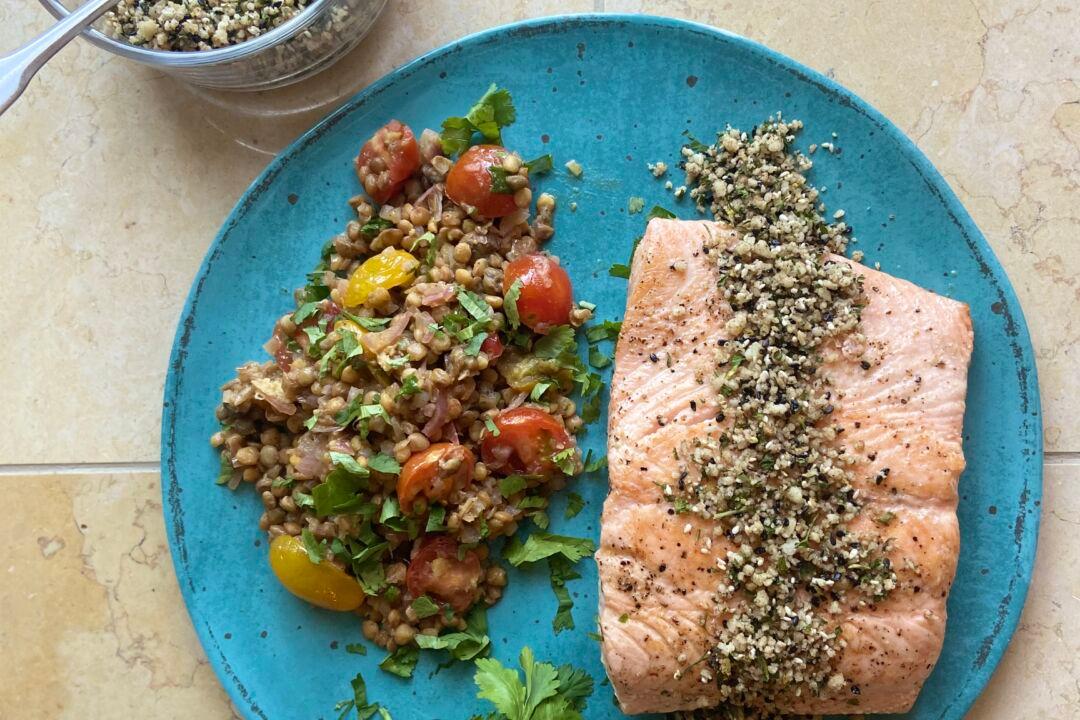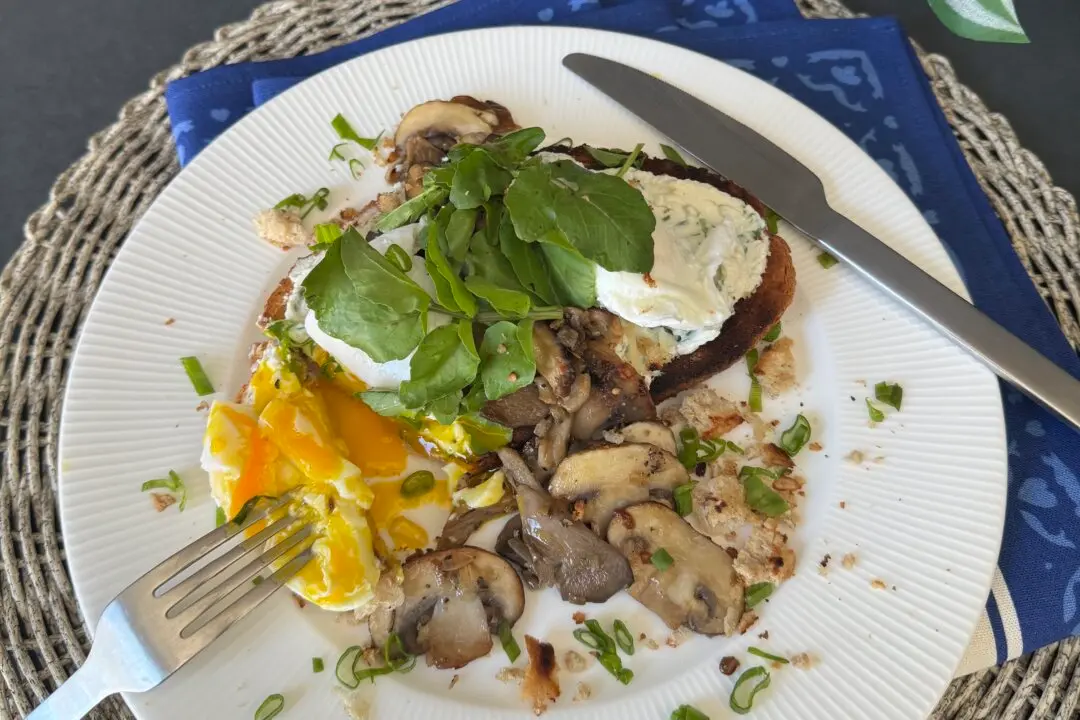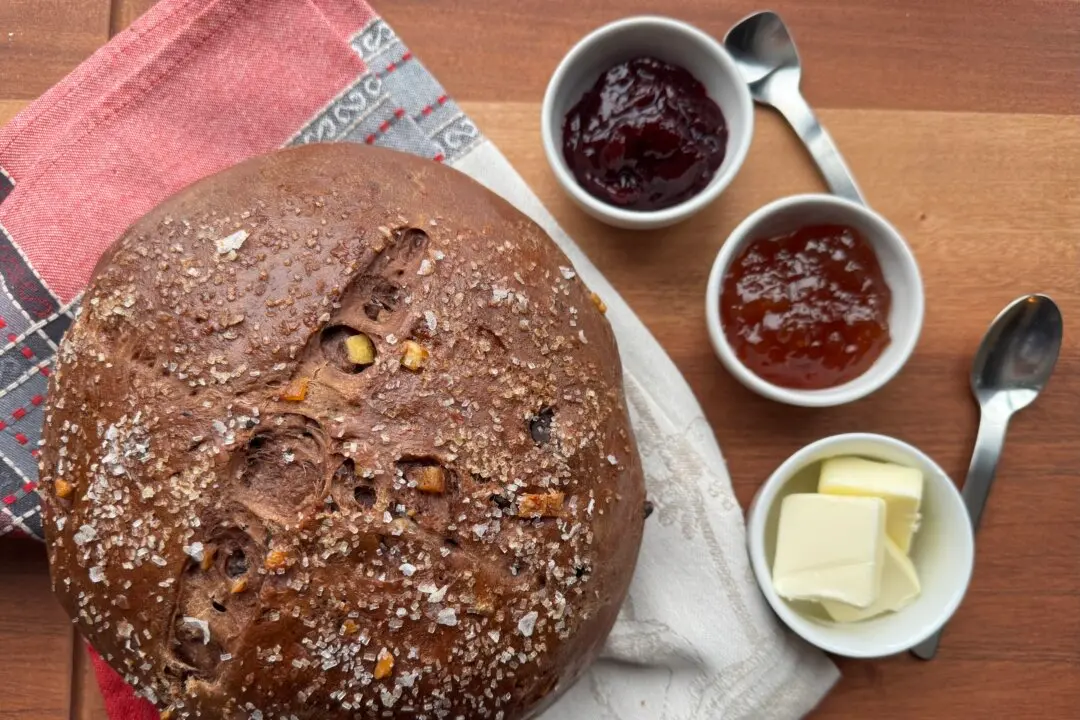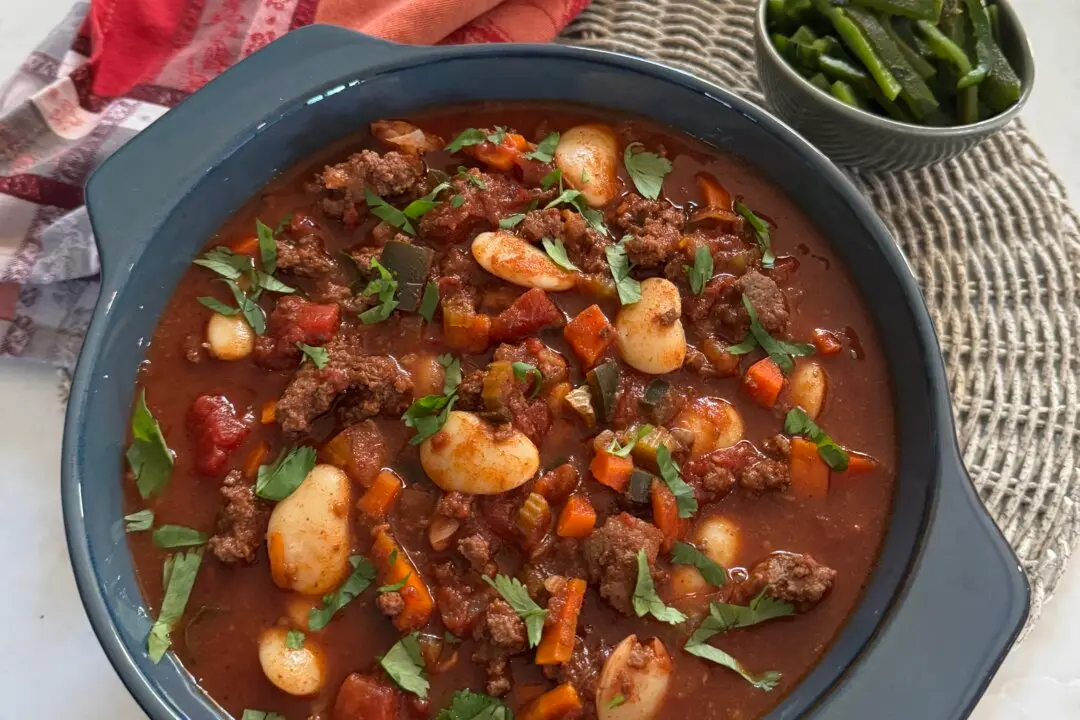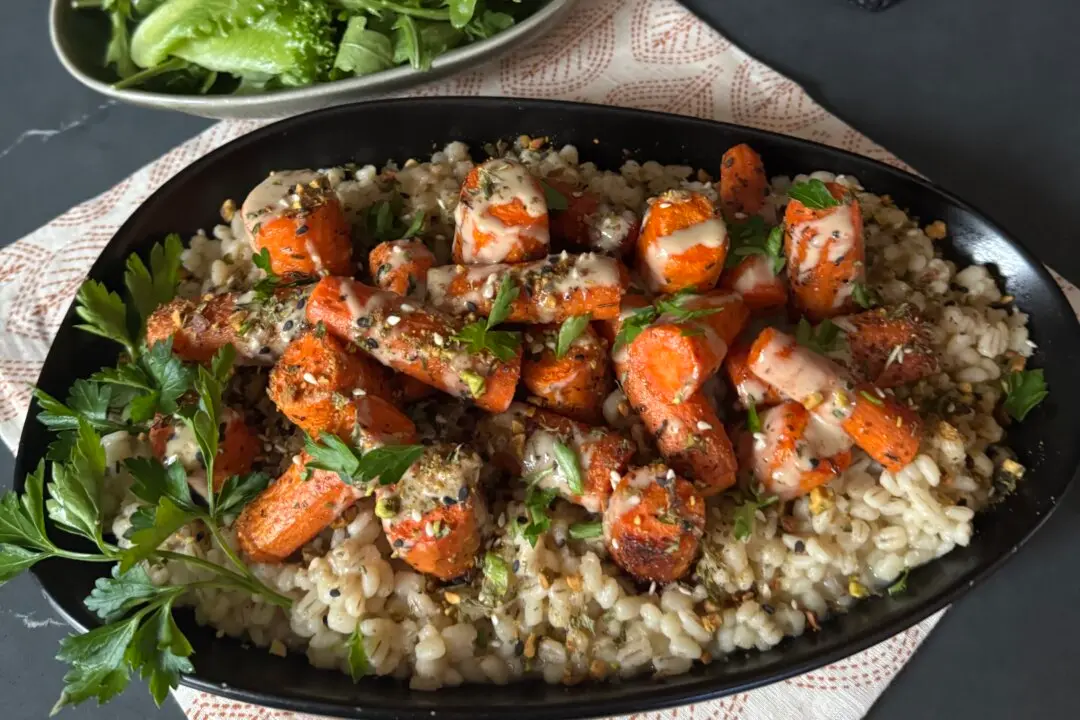Nothing tempts more than a bag of macadamia nuts in the snack cabinet. Just a handful, we tell ourselves, until they disappear. Preemptively, we tuck these rich and crunchy nuts into our cooking—for everything from brownies and nut tarts to crunchy coatings for fish and shrimp.
Macadamia nuts hail from Australia and are indeed grown there. However, the majority of macadamias in our supermarkets come from Hawaii, home of commercial production. In 2022, more than 37 million pounds of the nuts were harvested in Hawaii. The macadamia nut tree is a fast-growing tree; with proper care, it can yield nuts for 40 years. After harvesting and husking, the nuts are either oil- or dry-roasted by commercial processors.

